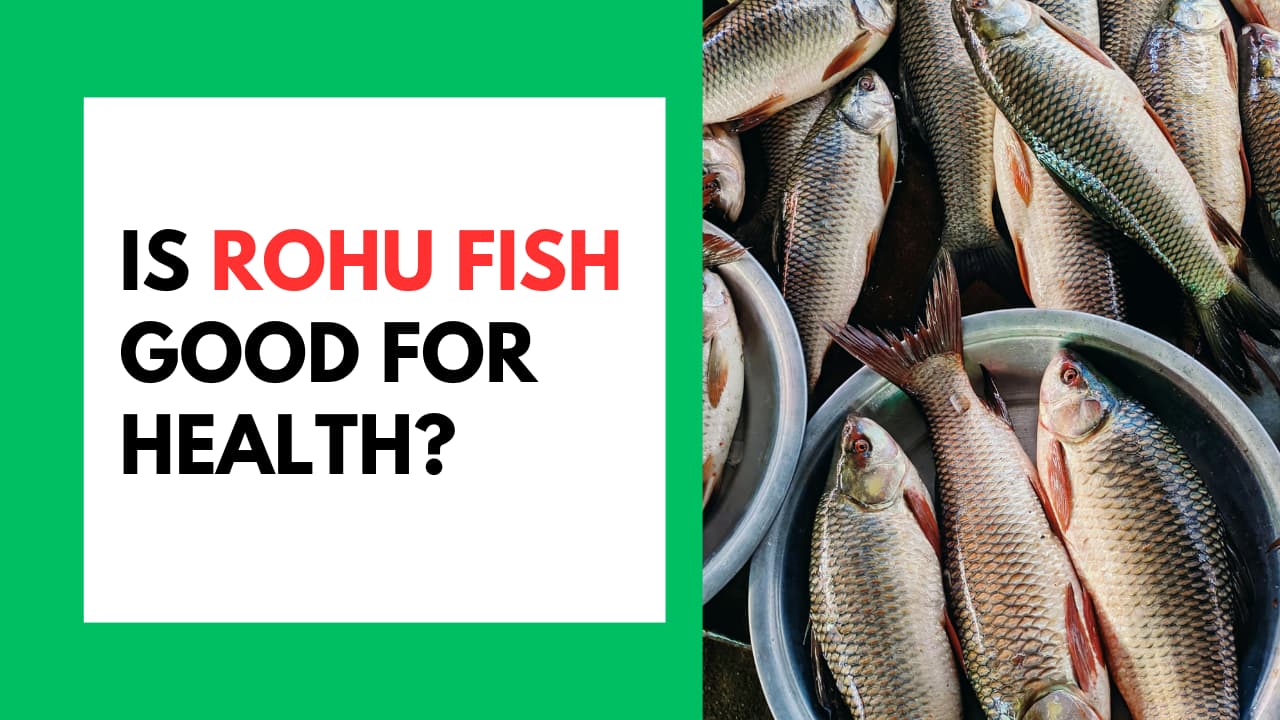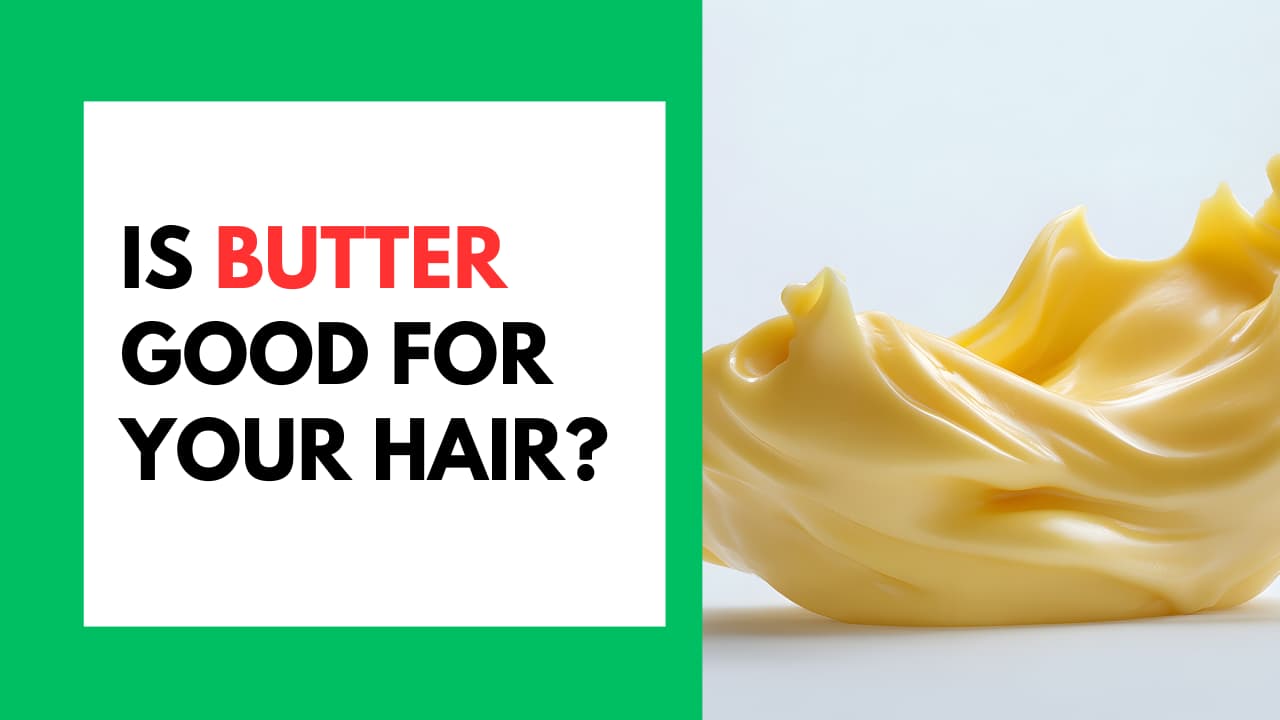Rohu fish has been praised for years, not just for its great taste but also for being a healthy choice in a balanced diet. This freshwater fish is used in many traditional recipes, offering more than just a tasty meal. It also brings many health benefits that make it even more appealing. As more people look for nutritious foods that are both good for the body and enjoyable to eat, Rohu fish can be a great option. It’s a perfect choice for those who want to enjoy delicious food while also making healthy decisions for their well-being. Let’s discuss in detail whether Rohu fish is good for health.
Expert in This Article
Dr. Rajesh K. Maheshwari is a family medicine doctor in Manteca, California and is affiliated with Doctors Hospital of Manteca.
Rohu Fish Nutrition Per 100g
According to Dr. Rajesh Maheshwari, “Rohu fish is a nutritious freshwater fish packed with essential proteins, fats, vitamins, and minerals to support your muscles, brain, heart, and bones.” Rohu fish per 100 grams contains the following nutrition:
- Protein: Rohu fish is a great source of high-quality protein, providing about 16 to 20 grams per 100 grams. Most sources mention around 17 to 19 grams, and some even say up to 19.7 grams. This makes it ideal for building and repairing muscles and supporting overall body functions.
- Fat: It is low in total fat, with only about 2 to 3 grams of fat in every 100 grams. It also has very little saturated fat (around 0.5 grams), which makes it a heart-friendly food.
- Omega-3 Fatty Acids: Rohu fish has a good amount of omega-3 fatty acids (around 0.3 to 0.5 grams per 100 grams), which are great for brain health, reducing inflammation, and supporting a healthy heart.
- Vitamins: Rohu is rich in key vitamins. It has Vitamin A (40–67 micrograms), which helps with vision, Vitamin B12 (1.5–2.0 micrograms), which supports nerve health, and Vitamin D (about 2–5 micrograms), which helps strengthen bones.
- Minerals: This fish is also a good source of important minerals. It contains calcium (about 40–120 mg), phosphorus (140–415 mg), potassium (300–714 mg), iron (1–2.4 mg), and zinc. These help with bone strength, blood health, and other body processes.
- Calories: Rohu is low in calories, offering around 88 to 105 kcal per 100 grams, making it a healthy and light source of protein.
Health Benefits of Eating Rohu Fish
Rohu fish is not only a delicious freshwater fish but also a powerhouse of nutrients that offer several health benefits. “Incorporating Rohu fish into your diet can provide complete health benefits from heart protection to a healthy immune system.” Says Dr. Maheshwari. Consumption of Rohu fish:
· Supports Heart Health
Rohu fish is rich in omega-3 fatty acids, which are known to reduce inflammation, lower blood triglycerides, and improve overall cardiovascular function. Regular consumption can help reduce risk factors associated with heart disease, such as high blood pressure and cholesterol levels.
· Promotes Brain Function and Cognitive Health
The omega-3 fatty acids, particularly DHA, present in Rohu fish play a crucial role in maintaining brain health. They support cognitive function, memory, and may reduce the risk of neurodegenerative diseases like Alzheimer’s.
· Aids Muscle Growth and Repair
With its high-quality protein content (approx. 17-20g per 100g serving), Rohu fish provides essential amino acids necessary for muscle repair, growth, and overall body maintenance. This makes it an excellent choice for athletes and those recovering from injuries.
· Helps Maintain Healthy Bones
Rohu fish contains significant amounts of vitamin D and phosphorus, both vital for bone health. Vitamin D aids calcium absorption, while phosphorus contributes to bone strength and structure, helping to prevent conditions like osteoporosis.
· Boosts Immune System and Overall Wellness
The fish is a rich source of essential vitamins (A, B12, D) and minerals (calcium, potassium, iron, zinc), which collectively support immune function, red blood cell production, and overall metabolic health. These nutrients help the body fight infections and maintain vitality.
You May Also Like: What Happens If You Eat Too Many Grapes?
Considerations for Including Rohu Fish in Your Diet
“Any healthy food that is not consumed correctly can have adverse effects on your health. Therefore, it’s important to cook raw foods using the right method and eat in moderation.” Explains Dr. Rajesh Maheshwari. To enjoy the maximum health benefits of Rohu fish. You can take the following considerations before including it in your diet:
Cooking Methods to Preserve Nutrition
- How you cook Rohu fish can affect how many nutrients stay in the food. Steaming is the best way to keep its healthy fats, especially omega-3s, which are good for your heart. Frying, on the other hand, can destroy many of these fats because of the high heat and added oil. Boiling also lowers the amount of good fats, but not as much as frying. Making Rohu in curry may help keep or even increase some healthy fats, depending on the ingredients used.
- Gentle cooking methods like steaming, baking, or poaching are better for keeping the nutrients than high-heat or long cooking times.
- Cooking can also lower the protein content, especially when boiling. However, using simple techniques like salting the fish with turmeric before cooking can help keep more of the nutrients.
Ways to Serve and Enjoy Rohu Fish
- Rohu fish has a mild taste and low saturated fat, making it a great choice for different kinds of dishes. It works well in spicy curries, steamed recipes, or lightly grilled meals.
- Pairing it with healthy fats like olive oil or avocado can help your body absorb vitamins better, especially those that dissolve in fat (like A and D).
- For a balanced meal, try serving Rohu with vegetables, whole grains (like brown rice or quinoa), and legumes (like lentils or chickpeas) to get a wide variety of nutrients.
Allergies or Diet Restrictions
- Like with any fish, people who are allergic to fish should avoid eating Rohu to stay safe from allergic reactions.
- If you have certain health conditions that require you to watch your intake of purines or minerals, it’s best to talk to your doctor. Still, Rohu is generally a healthy choice since it’s low in saturated fat and high in protein.
- Also, it’s important to store and cook the fish properly to avoid contamination and make sure it’s safe to eat.
Wrapping Up
Rohu fish is a healthy and tasty choice, packed with protein, omega-3s, vitamins, and minerals that support your heart, brain, and muscles. Its low-fat and high-nutrition make it a great addition to a balanced diet. Try adding Rohu fish to your meals with different recipes like grilling, baking, or traditional cooking. “Before consuming Rohu fish for good health, consult a doctor or nutritionist, especially if you have allergies or specific health needs.” Dr. Rajesh Maheshwari of San Ramon Urgent Care & Clinic.






